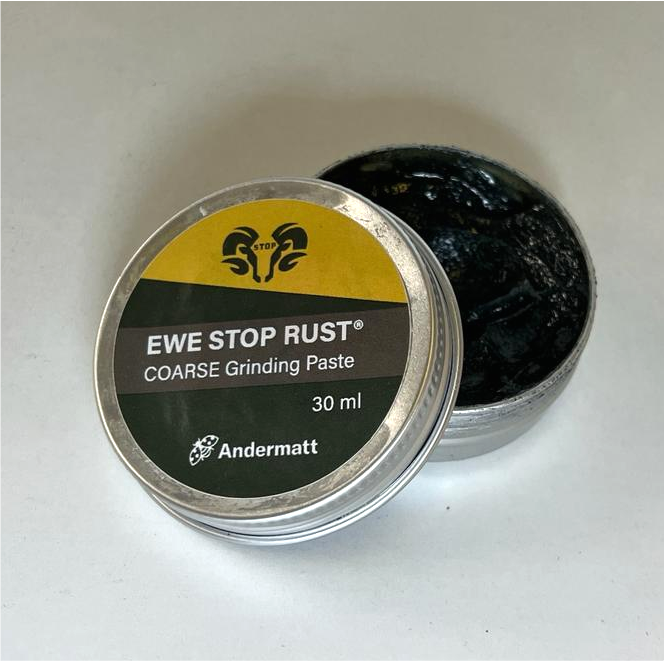More and more gardeners are encouraging beneficials into their garden, but how about not killing them when using bug sprays?
Plant bug sprays are widely-used as they’re effective and easy to apply; just spray and you’re done! Unfortunately, they usually kill everything in their path, including the ‘good’ insects that are needed in our gardens and UK’s biodiversity as a whole.

Encouraging beneficials into your garden with wildflowers or a nice log pile seems moot only to murder them as soon as the pests come around.
Which is why Andermatt has come up with BugNet. BugNet is a spray that doesn’t kill the faster-moving beneficials.

How? Once sprayed, BugNet dries to form into a net-like structure that traps and crushes the bugs. Pests, such as aphids, tend to slower-moving, so get caught in the net. Beneficials, such as ladybirds, tend to be faster-moving, so ‘shrug off’ the net and move away before the net hardens, escaping the effects.
It’s a simple but clever idea. And since BugNet works as a physical mode of action rather than chemical, there’s also no issues with resistance, unlike a lot of other sprays or pest control methods.
BugNet gives instant control of a wide range of pest bugs such as aphids (greenfly and blackfly), whitefly, scale, spider mite and psylids, in all stages of life. It can be used on flowers, fruits and vegetables.
Available as a liquid concentrate, it comes as a recyclable pouch with a small pump bottle inside. Gardeners simply press the pump 5 times to release 5ml into 1L water in a sprayer and spray away.

“BugNet gives gardeners all the ease and effectiveness of normal bug sprays, whilst giving them peace of mind that they’re not killing the friendly insects like ladybirds,” says Andrew Brown, Managing Director of Andermatt Home and Garden.
Protecting these bugs is not only good for the environment, but beneficials also help tackle garden pests naturally.
About Andermatt Home and Garden: Healthy Food and Healthy Environment, for All! Andermatt was started by two Swiss PhD students, Mr and Mrs Andermatt, who believed strongly in biologicals over chemicals. They created the world’s first plant-protecting baculovirus in 1988. Andermatt has been pioneering biological and sustainable controls for gardeners, farmers and beekeepers ever since.
Contact: sam.sturley at andermattuk.com



